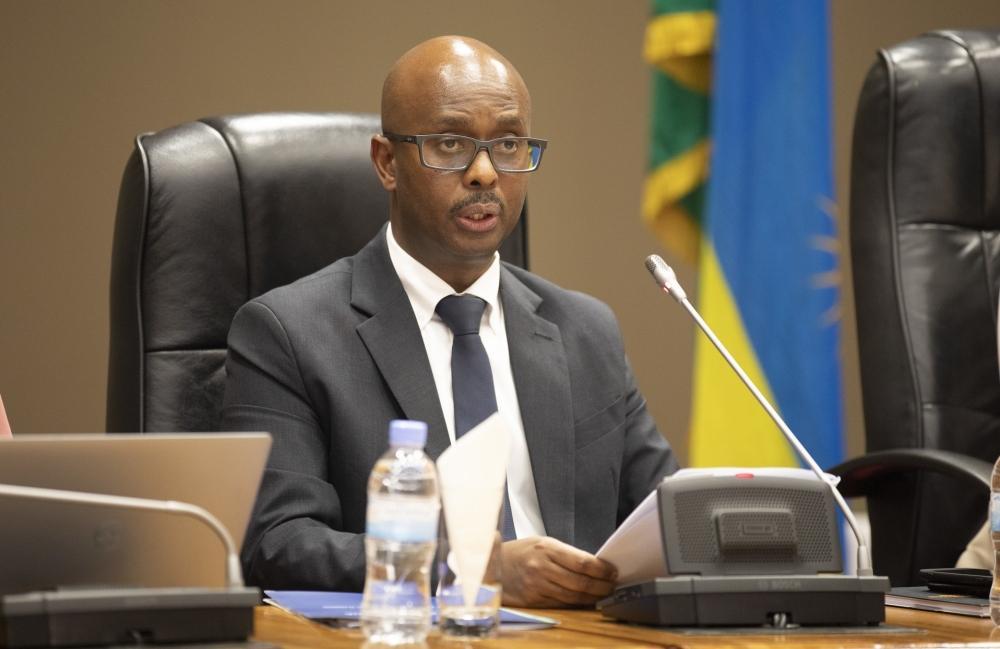Africa-Press – Rwanda. The Lower Chamber of Parliament has resolved to summon the Minister of Finance and Economic Planning to address issues related to Umurenge Savings and Credit Cooperatives (U-SACCOs), including the high interest rate, which currently stands at 24 per cent per year.
The resolution was made during a plenary sitting on Monday, February 24, where MPs adopted a report from their nationwide tour assessing public development projects aimed at improving citizens’ welfare.
While presenting the report to the plenary sitting, Beline Uwineza, the Deputy Speaker in charge of Parliamentary Affairs, noted that MPs observed U-SACCOs have played a key role in bringing financial services closer to Rwandans and enhancing their knowledge of savings and credit.
She added that U-SACCOs provide financing for small and medium projects that might otherwise struggle to secure funding from commercial banks due to stringent requirements.
However, she pointed out that the parliamentary tour also uncovered various operational challenges, including concerns among citizens about the high interest rates charged on loans from these financial institutions.
“They [citizens] indicated that a 24 per cent interest rate is high compared to what commercial banks charge, which discourages people from taking loans for development purposes,” Uwineza explained.
She noted that, as a result, some citizens prefer to seek loans from tontines, locally known as Ibimina, and other small community-based financial groups that support their development.
The U-SACCO lending rate is currently 8.15 percentage points higher than the average 15.85 per cent charged by banks as of the fourth quarter of 2024 (September to December), according to the National Bank of Rwanda (BNR).
Another challenge, as highlighted in the parliamentary report, is the limited use of technology by U-SACCOs, which prevents members from accessing financial services nationwide.
The report noted that consolidating U-SACCOs into district-level SACCOs – and eventually into a national cooperative bank – could help address thE issue, but progress on this initiative has been limited.
“This is because U-SACCOs have yet to be consolidated at the district level nationwide, as they have only been merged in one district out of the country’s 30,” Uwineza said. “If the consolidation is fast-tracked, services for their members can be further improved.”
According to the parliamentary report, some U-SACCOs across various sectors of the country have non-performing loan rates exceeding the 5 per cent maximum set by the Central Bank.
Uwineza noted that some borrowers obtain loans from U-SACCOs but use them for purposes different from those stated in their applications.
“This is one of the reasons some U-SACCOs have a higher non-performing loan rate,” she said.
As of June 2024, there were 416 U-SACCOs – one in each sector of the country – with total assets exceeding Rwf 240 billion, according to the September 2024 Monetary Policy and Financial Stability Statement by BNR.
For More News And Analysis About Rwanda Follow Africa-Press






